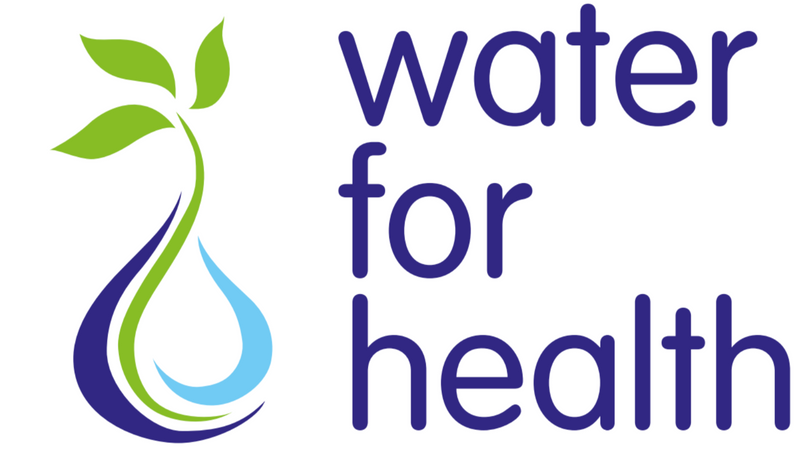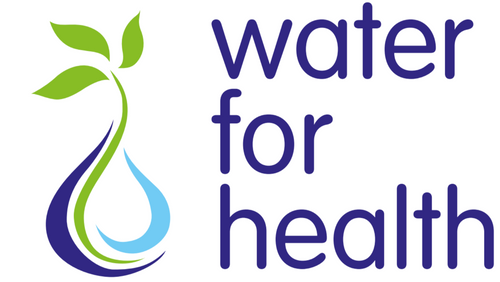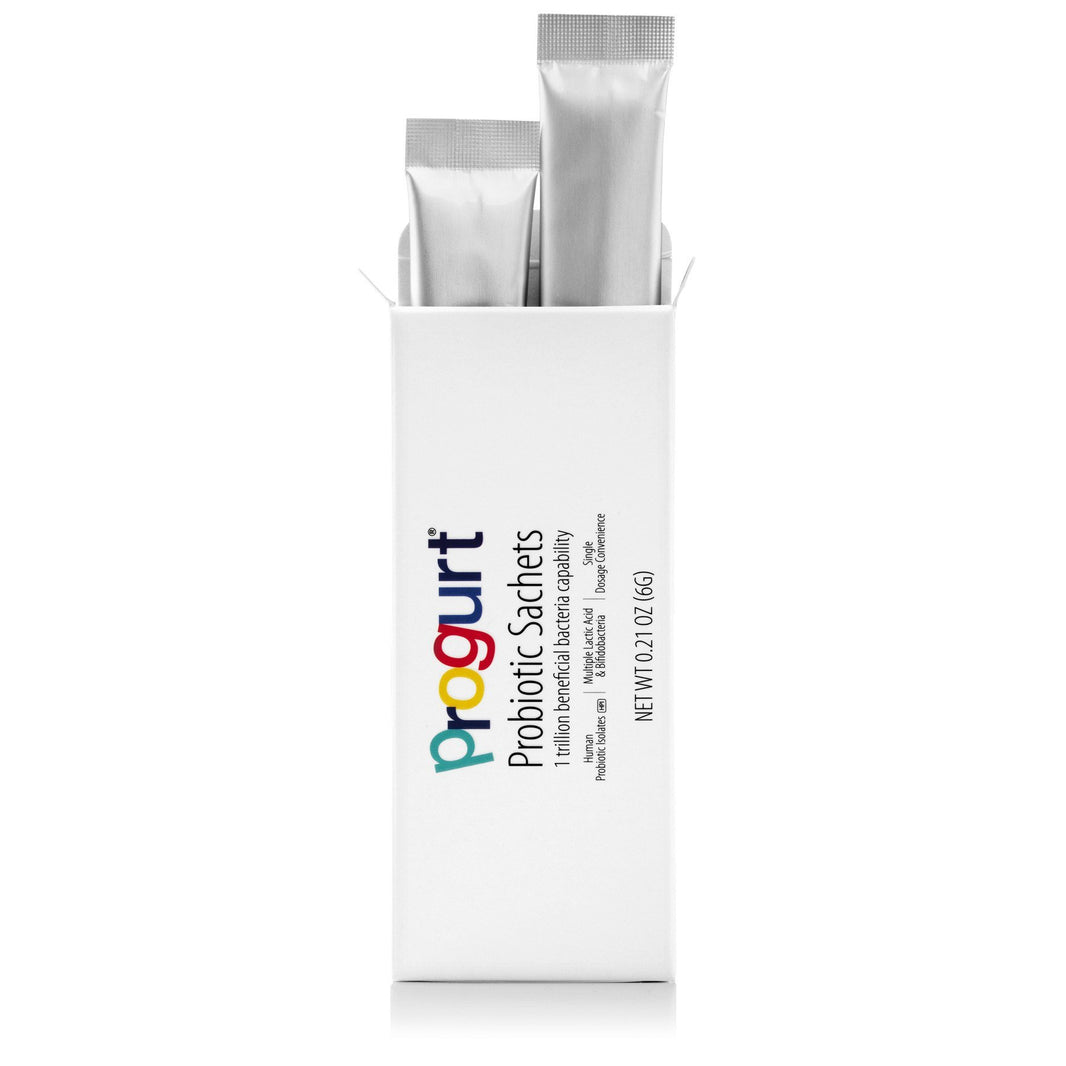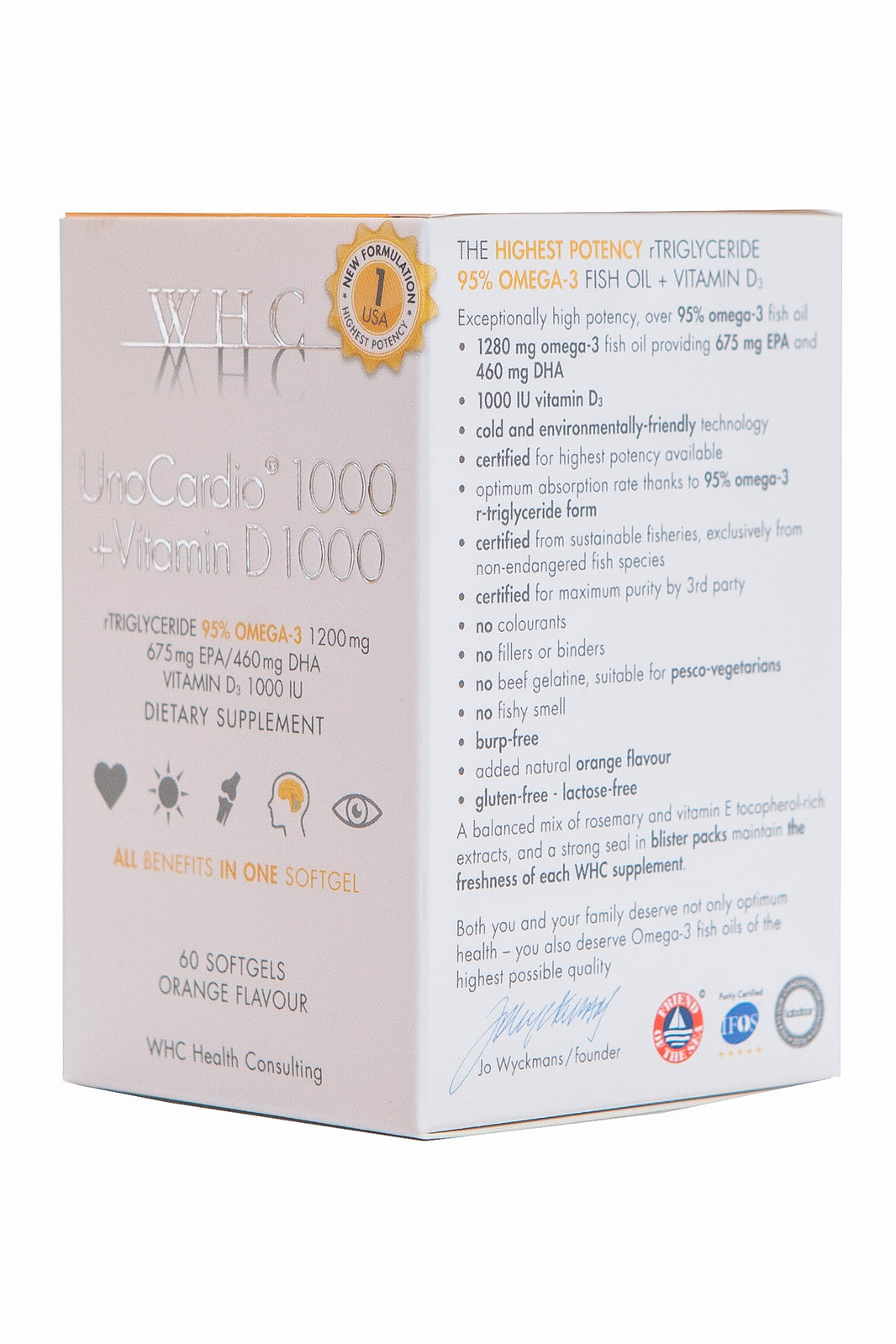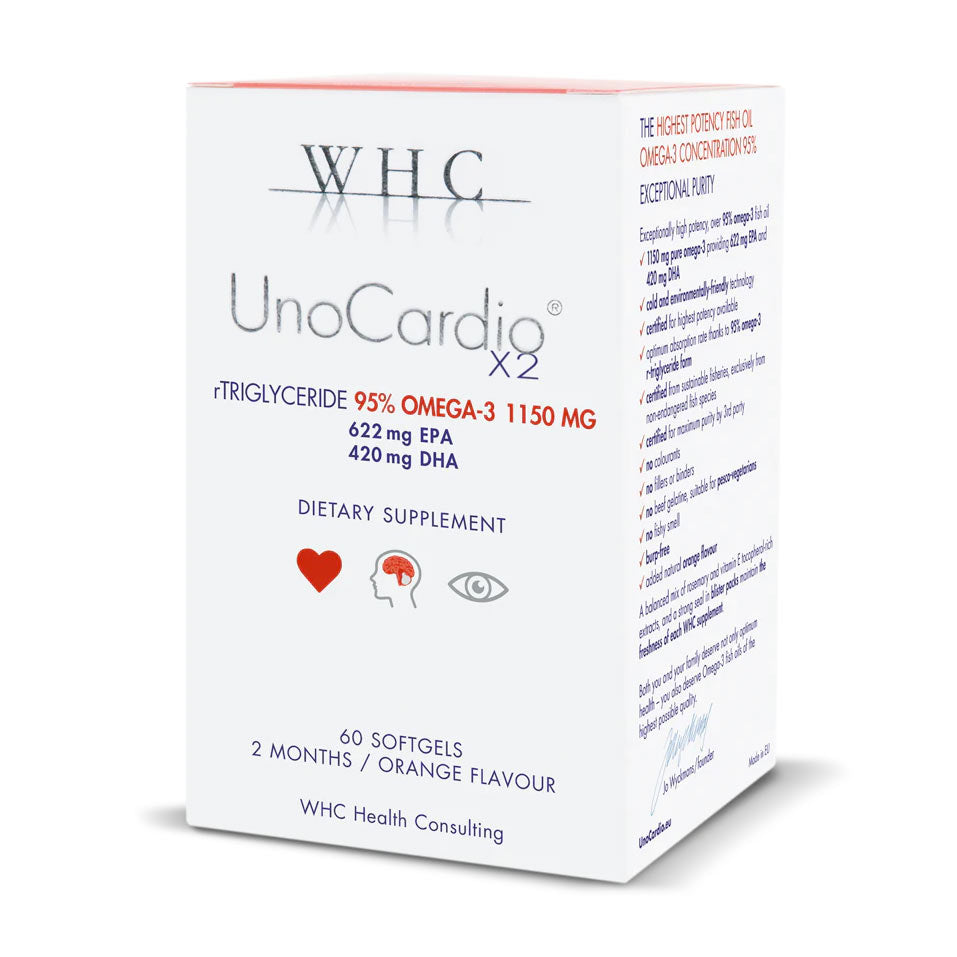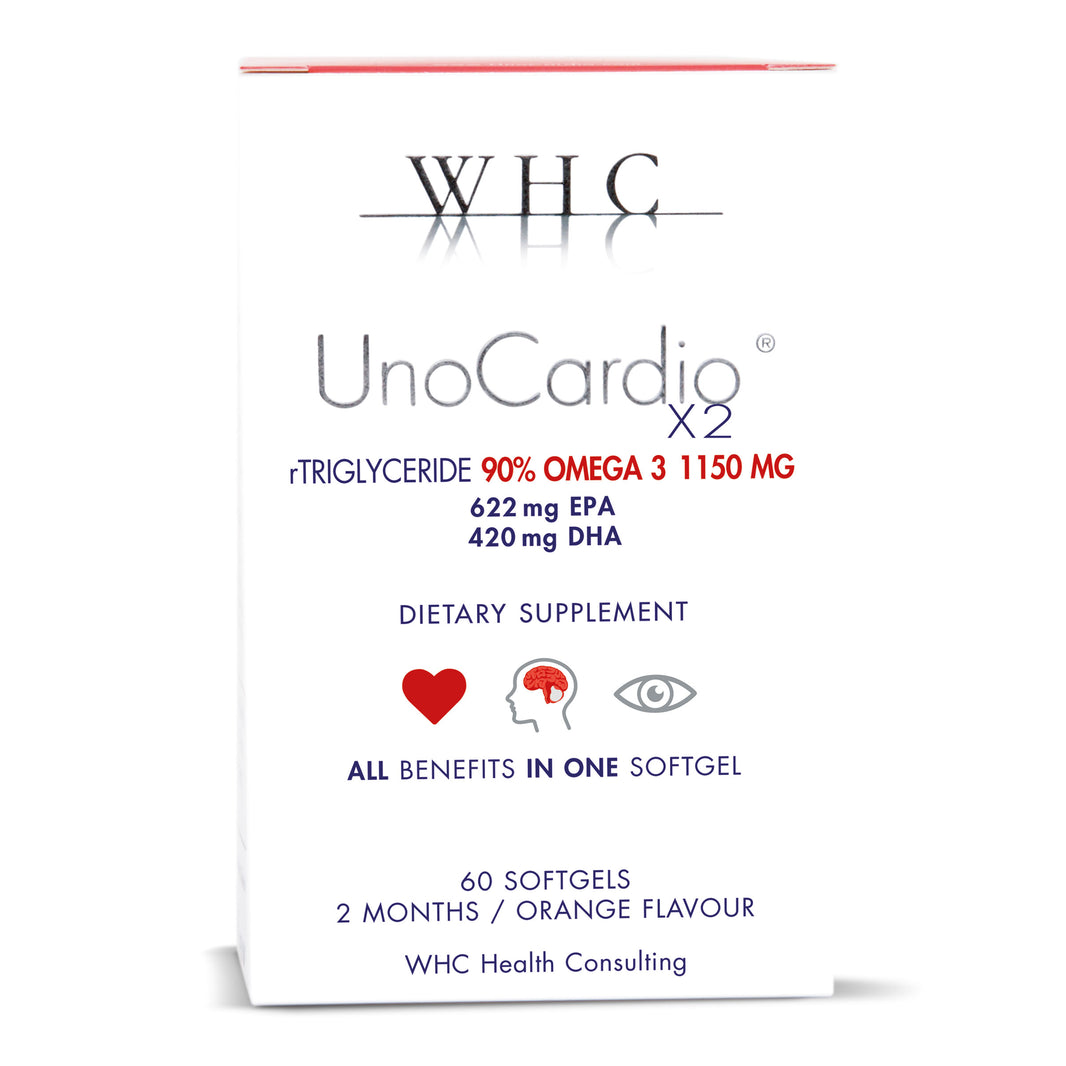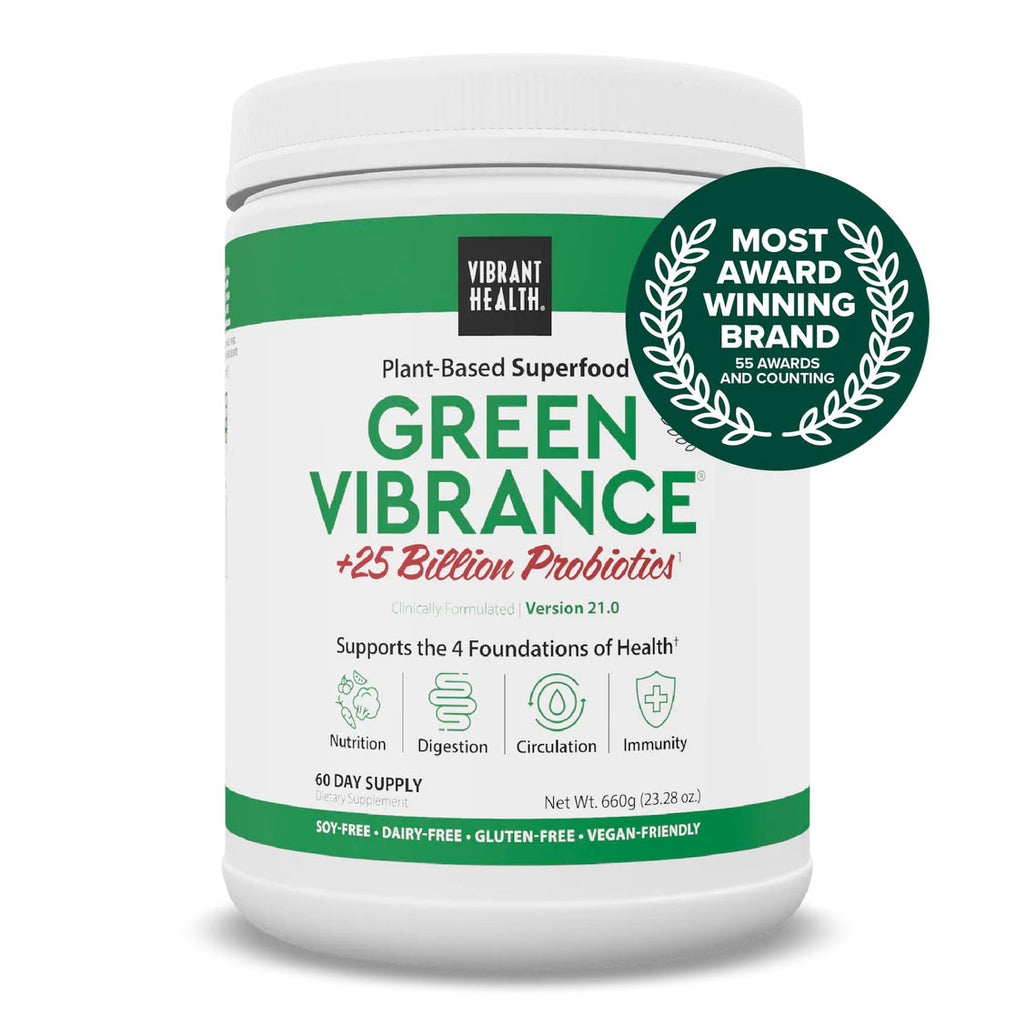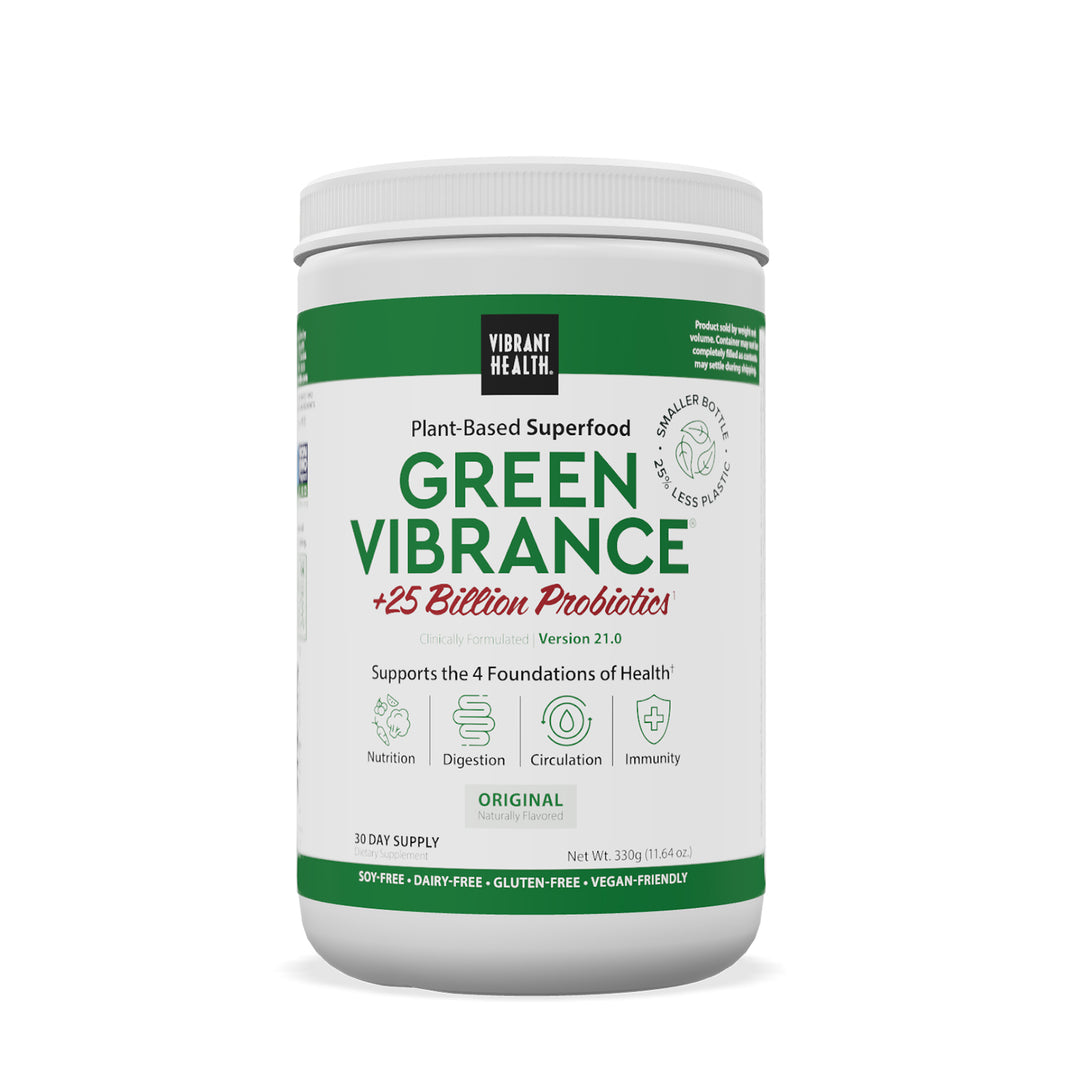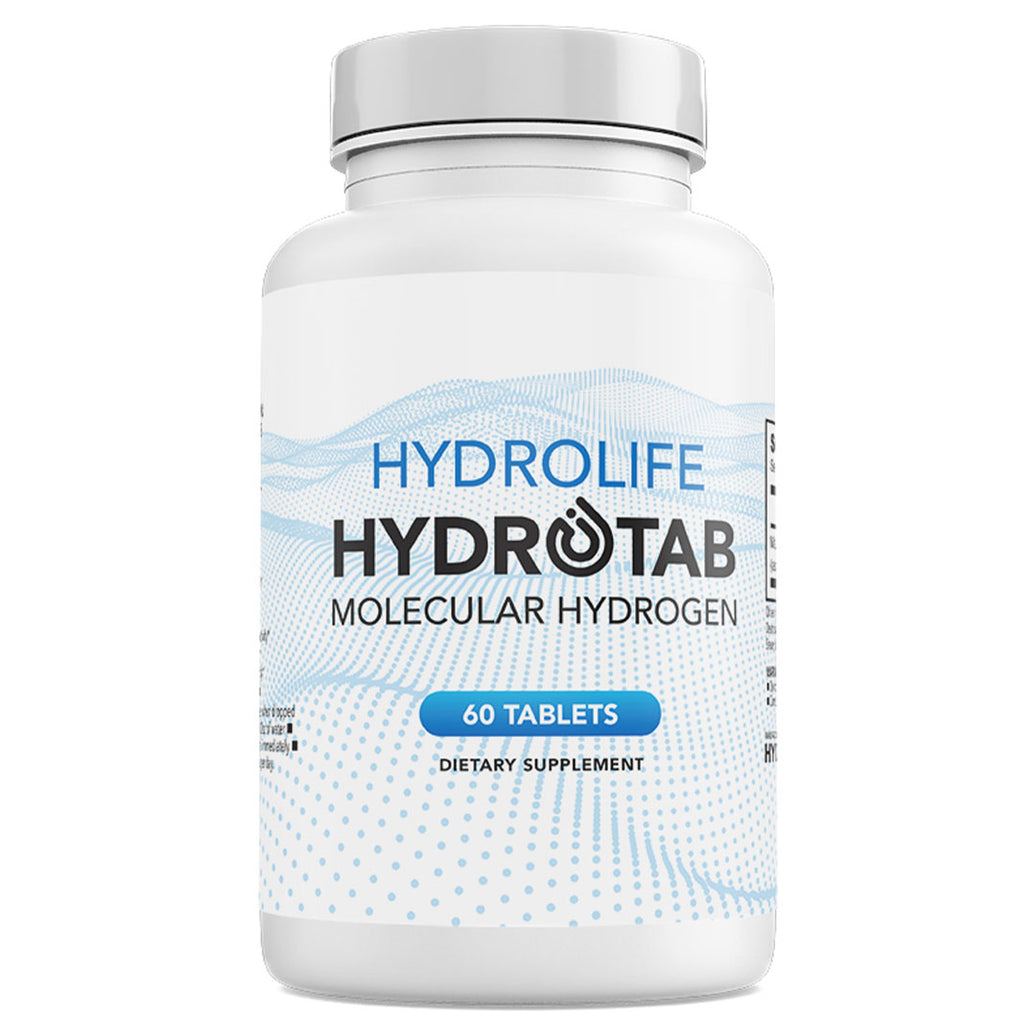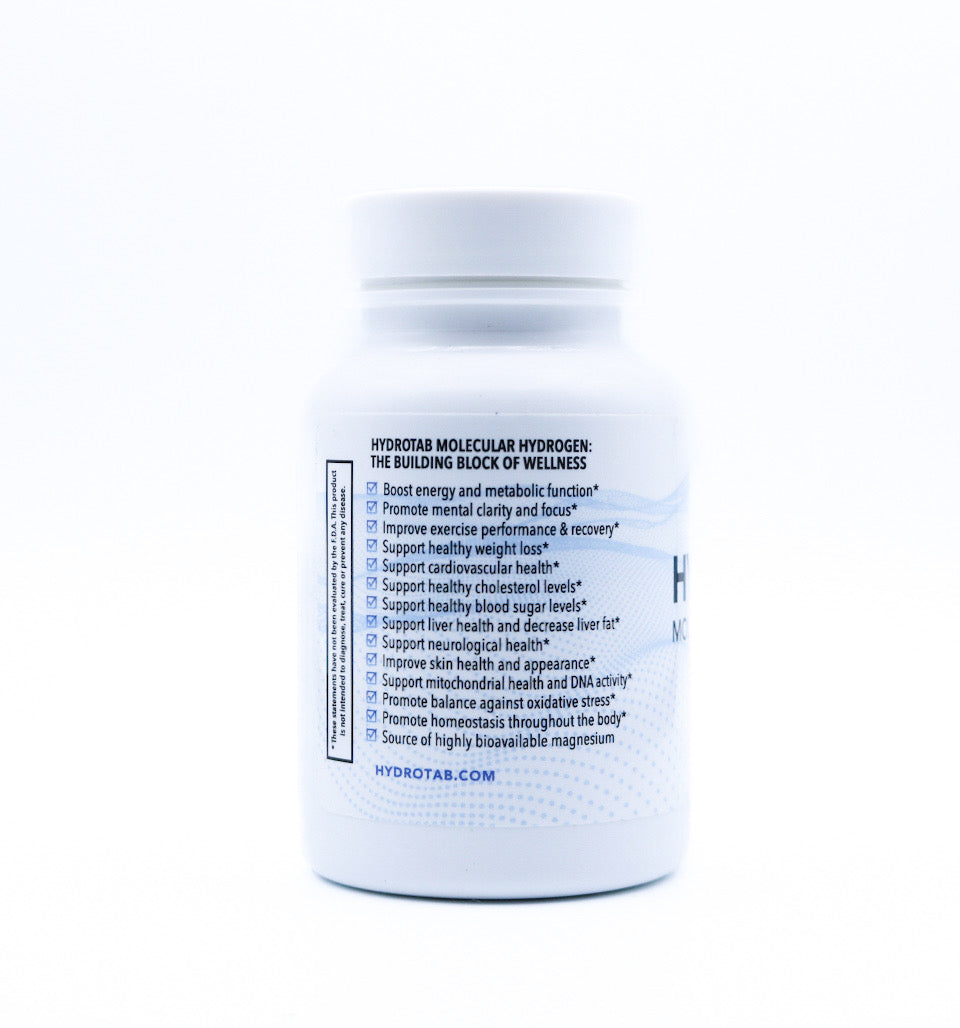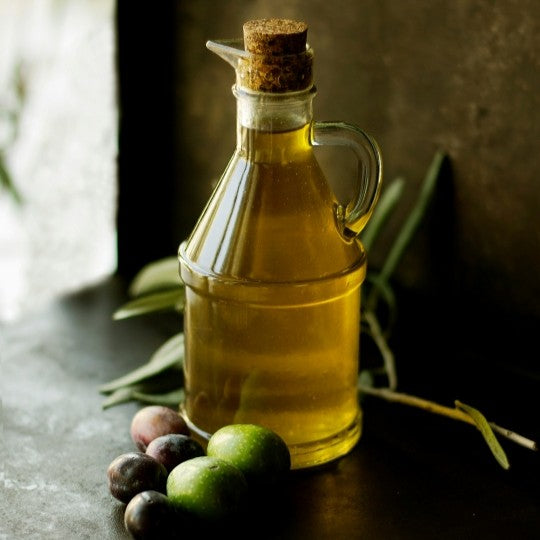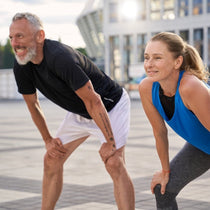Vitamin D, also known as the sunshine vitamin, is a vital element of a healthy diet. Deficiency has been linked to cancers, cardiovascular disease and asthma. Although it is naturally present in a few foods, such as fatty fish and fish liver oils, the best source comes from our bodies synthesising the vitamin when skin is exposed to sunlight. Vitamin D aids with calcium absorption in the gut, and is essential for bone growth and remodelling.
Vitamin D Deficiency
Lack of vitamin D can cause bones to become thin, brittle and misshapen which is why a deficiency is linked to rickets and osteoporosis.
You may think, therefore, that it is impossible to become deficient in a vitamin that we can physically create, but unfortunately that is not entirely true. Skin can struggle to absorb enough UV light when sunscreen is used, or the skin is aged, or has dark pigmentation.
Many people also simply do not get enough exposure to sunlight, living in cold climates or spending most of their time indoors. For this reason, and the fact that so few foods provide the vitamin, many people turn to supplements.
It is, however, important to note that vitamin D is unusable by the body until it is absorbed and activated correctly through two processes that occur in the liver and the kidneys.
It is therefore vital that we enable the vitamin D we do have in our bodies to be absorbed correctly, to ensure that we can receive the benefits.
One way to help this is with healthy fats. A study recently published in the Journal of the Academy of Nutrition and Dietetics has suggested a simple way to achieve this.
More Dietary Fat Helps Vitamin D Absorption
The conducted research was carried out on 50 healthy older males and females over one day. The participants were randomly divided into three groups, each of which was given a different type of meal.
One was fat-free, and the other two contained 30% of calories as fat. Of these two, one was high in monounsaturated fats and the other high in polyunsaturated fats. Each test subject was given a high dose supplement with this test meal after a twelve hour fast.
It was found that those who took the vitamin D supplement with a meal containing fat received a greater dose of the vitamin into their bloodstream.
The difference between the kinds of fat (i.e. monounsaturated or polyunsaturated), did not cause any further impact, and was found to be insignificant.
The reason behind this phenomenon is explained here by Dr. Bess Dawson-Hughes, a senior scientist at the USDA Human Nutrition Research Center on Aging at Tufts University, and the study’s lead author.
“Vitamin D is fat soluble and the absorption process is similar to that of dietary fats. Ingestion of fat stimulates the secretion of bile and promotes the formation of micelles, small structures which transport the fat and vitamin D to the gut absorptive surface, thereby promoting their absorption.”
Implementing This Information at Home
You can use this knowledge to your advantage quite simply at home. Ensure that you take your vitamin D supplements with a meal containing healthy fats; this will give your body the best opportunity to absorb what it requires.
However, not all fats are equal, with trans fats being the main types to avoid, and with the following suggestions it should help you to make informed choices when deciding which healthy fats to include in your diet:
One medium avocado contains around 30 grams of fat, most of which is monounsaturated, the heart-healthy kind. This can be a great substitute for butter or mayonnaise in sandwiches.
Olive oil is another great suggestion, but should be used in moderation as it is very calorie dense and for best health results ensure you add this after cooking.
Nuts are another healthy way to include more fat in your diet, particularly almonds, walnuts and pistachios. These also have the added benefit of providing vitamins and trace minerals.
Fatty fish such as salmon, tuna and trout should be enjoyed regularly to give you a boost of brain-strengthening omega 3 oils. Some studies recommend eating oily fish at least twice a week.
Get the Most Out of Your Supplement
Armed with this knowledge, you should be able to get the most out of your vitamin D supplement.
